AI Web Developer Position
We are hiring! Join us as an AI / web development research assistant in summer 2025 to scale up our open-access AI platform
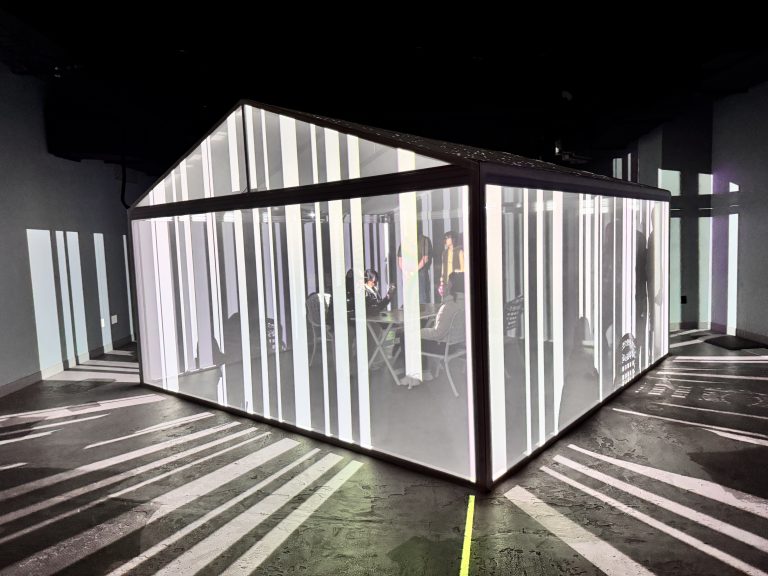
We are hiring! Join us as an AI / web development research assistant in summer 2025 to scale up our open-access AI platform
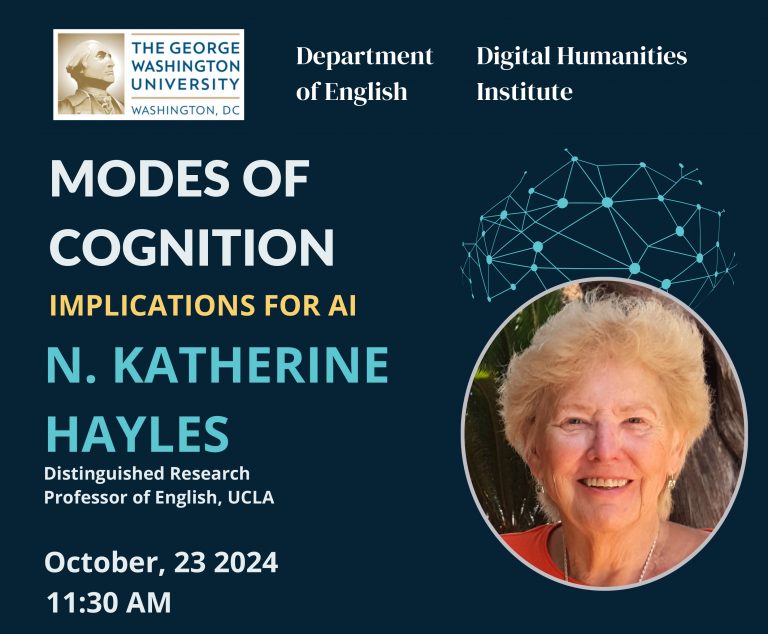
Modes of Cognition: Implications for AI Public lecture by Professor N. Katherine Hayles, 11:30 am, Wednesday October 23, 2024 In-person and Zoom hybrid event. Zoom link: https://mit.zoom.us/j/97309041943 Myers Room, George Washington University Museum and Textile Museum, 701 21st St NW, Washington, DC 20052 This event is hybrid: in person and on Zoom. Here is…
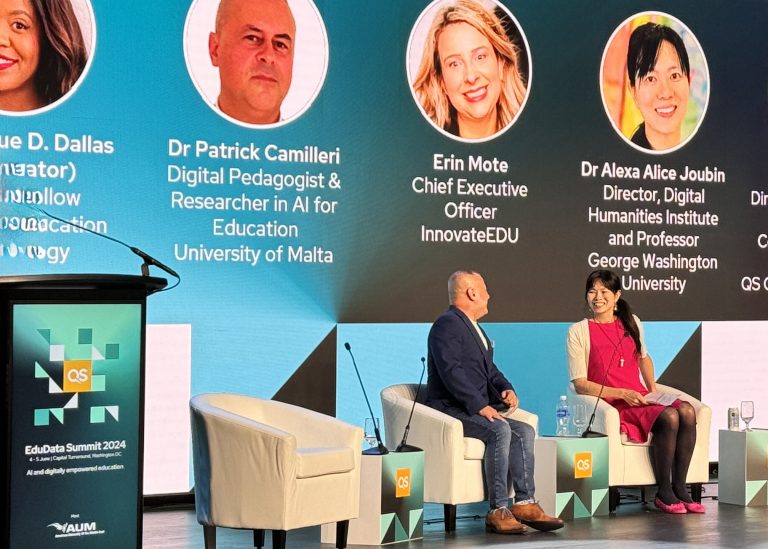
According to Professor Alexa Alice Joubin, meta-cognition and critical questioning skills are among the most important competency in the era of artificial intelligence. Prof. Joubin spoke at the QS Summit.

In what senses might AI be theorized as a type of RenAIssance technology of re-generation that connects early modern thoughts on mind-body and modern models of ideation? Submit your proposal for our panel on RenAIssance Studies: Techne, Technicity, and Artificial Intelligence at the RSA in Boston, March 20–22, 2025

During her talk at the World Bank, Alexa Alice Joubin raised questions about the intersectionality of technology and art. Art is front and center in digital transformations of our society today. Art fosters creativity, and creative thinking leads to social change.

Generative AI tools stake claims to anonymized, collective authorship through machine-generated texts that are similar to patterns in the datasets they trained on. The notion of authorship faces new challenges of delineating the agency, knowability, and intentionality of written words. Led by Alexa Alice Joubin (English and Digital Humanities Institute) and Kylie Quave (University Writing Program and Anthropology), this session explores our society’s evolving relationship to written words and the future of the craft of writing.
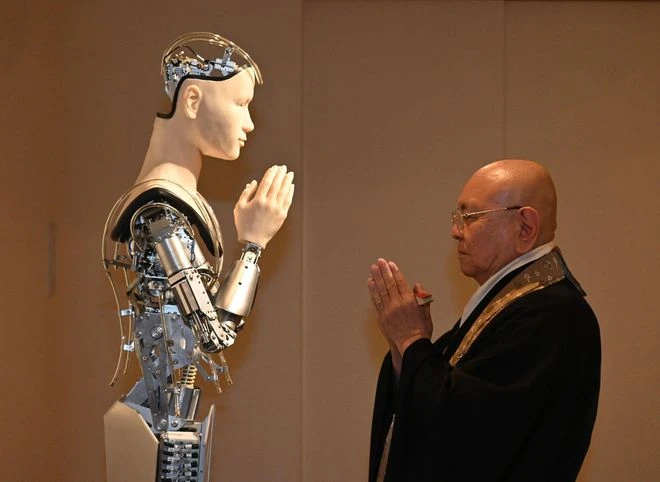
There are cases of AI monks and priests. Though religious institutions have not always behaved ethically in the past, they have centuries of experience parsing moral conundrums through the lens of their own belief systems. Prof. Irene Oh from the GW Department of Religion will lead a discussion of the many ways that artificial intelligence is changing the meaning and practice of religion.
What is missing from the current debate are insights from performance studies. Since ChatGPT remixes statistically most likely combinations of words, its outputs are in fact a form of theatrical performance. It draws on users’ prompts and the publics’ collective memories to produce improvised performances, within specific parameters, for its user-audiences.
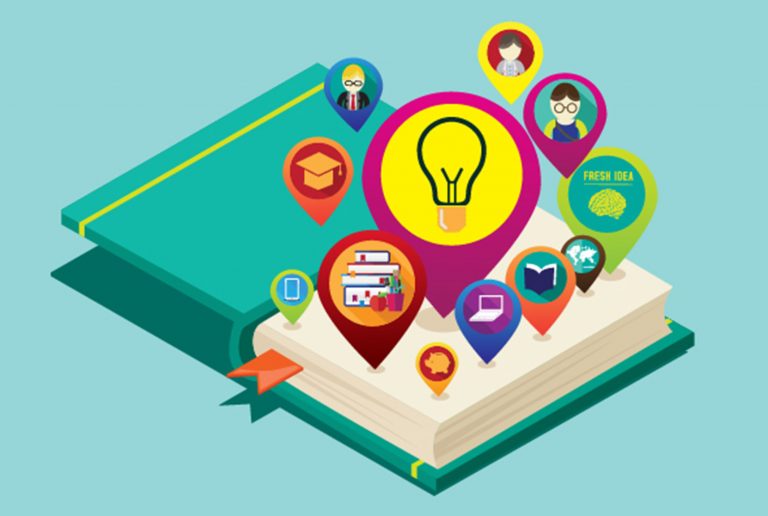
Faculty Perspectives: Creating Open Education Resources Wednesday April 12, 2023, 1 pm eastern time Zoom link at: https://open.wrlc.org/events/wed-04122023-1300 Alexa Alice Joubin, author of the open-access Screening Shakespeare, https://screenshakespeare.org/, will share how she created the textbook. Open Education Resources (OER) for higher education have made significant progress over the last few decades. Textbook affordability continues…
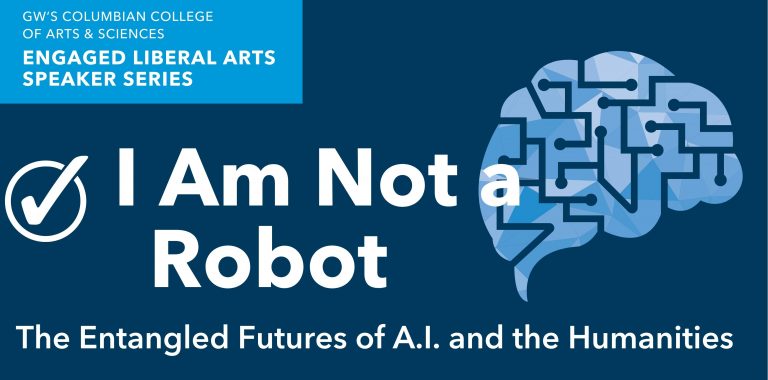
Generative Artificial Intelligence (A.I.) tools have the potential to alter profoundly the ways we work, create, think, and behave. They raise such questions as: What makes humans distinctive? Can machines have consciousness? What is intelligence? Are the methods used to create A.I. tools ethical? In this symposium, we hope to open a discussion on the philosophical, ethical, political, and cultural, challenges that A.I. poses for our society.